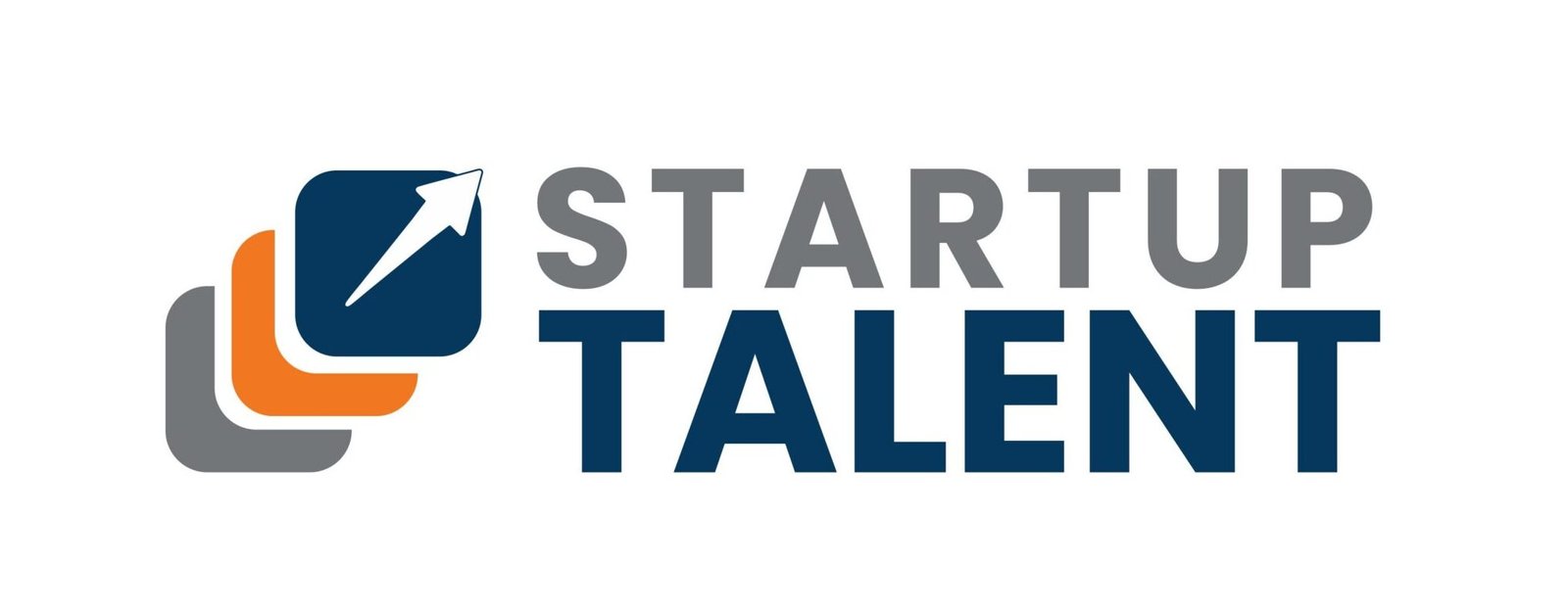In the startup landscape, recruiting isn’t just about getting warm bodies in the door; it’s about forming a team that will deliver the vision. While skills and experience are important, culture has become the dominant driver of growth. A strong, healthy organizational culture is the glue that connects people, creates an environment for innovation, and attaches employees to the company’s purpose.
In contrast to established businesses, Startup Companies Hiring have fewer financial resources and operate with thinner margins. Because each additional new employee impacts not just productivity, but also team dynamics and morale, hiring is always an important decision. That’s why cultural fit is no longer a buzzword–it’s a growth strategy.
Why Culture Matters in Startup Hiring
Alignment with Vision and Mission
In startups, the purpose tends to fuel the hustle. Employees who share the purpose are more likely to go the extra distance when resources are scarce.
Agility and Adaptability
Startups move quickly because they have rapidly changing business models, markets, and strategies. A common cultural ground provides employees with a single vantage point upon which they can change with agility.
Team Cohesion
A startup with 20 employees cannot afford silos and conflicts. Team-valuable hires in a lean organization provide collaboration and cohesion.
Long-Term Retention
Culture is perhaps the biggest predictor of retention. Employees aligned with a company’s values have more reasons to continue through hardship.
Case Study: Airbnb – Culture as a Growth Lever
One of the most quoted examples of culture-based hiring in the real world is Airbnb. Launched in 2008, Airbnb was not only offering accommodation; it was creating a worldwide community of trust. It became clear to the founders very quickly that the focus was not solely on employing people with technical or business skills, but on people who cared deeply about the issue of belonging that Airbnb represented.
Core Value Screening
Every applicant for Airbnb completed “core values interviews. The organization made a point to ensure that the interviewers weighed cultural fit as heavily as technical skills.
Mission Alignment
Airbnb foregrounded its mission from day one to build a world where anyone could belong anywhere. It wasn’t merely hiring someone to perform a job—employees were hired to be the cultural messengers of this mission.
Storytelling and Onboarding
New employees were inducted into Airbnb’s culture using anecdotes, wherein founders described how they started out by renting air mattresses and building trust-based communities.
Effect on Expansion:
This culture-first mentality not only enabled Airbnb to scale to a thousand employees worldwide but also maintained its brand image uniformly across nations.
Despite adversity, like the 2020 pandemic when tourism came to a standstill, Airbnb’s robust culture enabled it to bounce back and re-conceptualize travel experiences.
Takeaway: By hiring for cultural fit, Airbnb put together a team that was as invested in the mission as the founders were—leading to meteoric growth.
Balancing Skills and Culture in Hiring
Culture is important, but it is not a substitute for capability. A startup needs people who can execute, and hopefully do so with the same passion. It is about finding that balance:
Communicate and Write Down Core Values: Write down the most important values—innovation, customer obsession, transparency, etc.—so that prospective hires understand what they are getting into.
Hire for Potential: Experience is teachable; values are harder to teach. The startup world benefits by hiring individuals who have less experience but great alignment with the mission.
Diversity with Shared Values: Cultural fit does not equate to hiring clones. Different backgrounds and ideas spark innovation—as long as everyone holds common values.
Cultural Champions: Invite employees who live the culture to participate in interviews. This reinforces alignment and subtextually indicates to candidates that the culture is authentic.
Creating a Culture First Hiring Process
Cultural Deck
Just like Netflix did with its now-famous culture deck, startups can openly communicate their values, expectations, and beliefs, and document them.
Structured Interviews
Write culture focus questions: “Tell me about a time that you supported your team in a crisis,” or “What compels you to work for a young company as opposed to an established corporation?
Onboarding for Culture
In addition to role-based training, immerse new employees in company lore, stories, and rituals that build belonging.
Feedback Loops
Periodically verify whether employees sense the culture is being practiced, and shift practices as the company grows.
Final Thoughts
Hiring in startups isn’t merely a need for operations—it’s a strategy. Culture serves as the navigation tool, helping both leaders and employees navigate uncertainty and breakneck growth.
By 2025 and beyond, with talent competition getting fiercer, startups that focus on cultural fit in hiring will not only expand more quickly but also create innovation legacies, a sense of belonging, and trust.

Anshuman Sinha is the Co-Founder & CEO of Startup Talent, where he helps startups build high-performing teams that scale with speed and intent. A seasoned entrepreneur, angel investor, and ecosystem builder, he brings deep experience across talent strategy, founder advisory, and early-stage growth. Anshuman is also associated with platforms like Startup Steroid and works closely with founders and investors globally, focusing on execution-driven hiring, strong culture, and long-term value creation.






